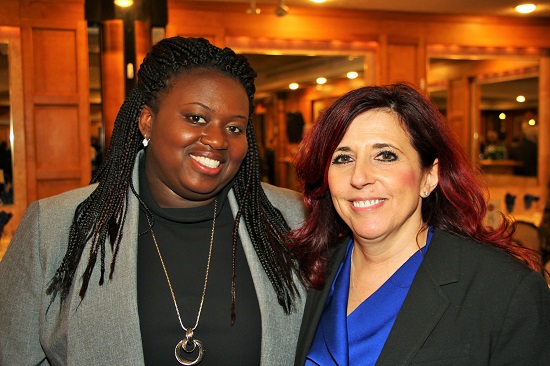Columbian Lawyers educated on mental hygiene legal services

Members of the Columbian Lawyers Association received a lesson on mental hygiene legal services (MHLS) at its monthly meeting in Dyker Heights, where Betsey Jean-Jacques and Janet McFarland presented “The Ins and Outs of Mental Hygiene: Hospitalizations to Civil Commitment and So Much More.”
McFarland and Jean-Jacques set up two empty chairs in front of them at the Rex Manor and prefaced their presentation by saying they would not be getting through all that MLHS encompasses.
“We’d be here for a week if we had to go through every area,” McFarland said. “But the one thing we promise you is by the time you leave here, you will know how to get that crazy family member civilly committed in a psych ward at a hospital.”

Brooklyn Boro
View MoreNew York City’s most populous borough, Brooklyn, is home to nearly 2.6 million residents. If Brooklyn were an independent city it would be the fourth largest city in the United States. While Brooklyn has become the epitome of ‘cool and hip’ in recent years, for those that were born here, raised families here and improved communities over the years, Brooklyn has never been ‘uncool’.